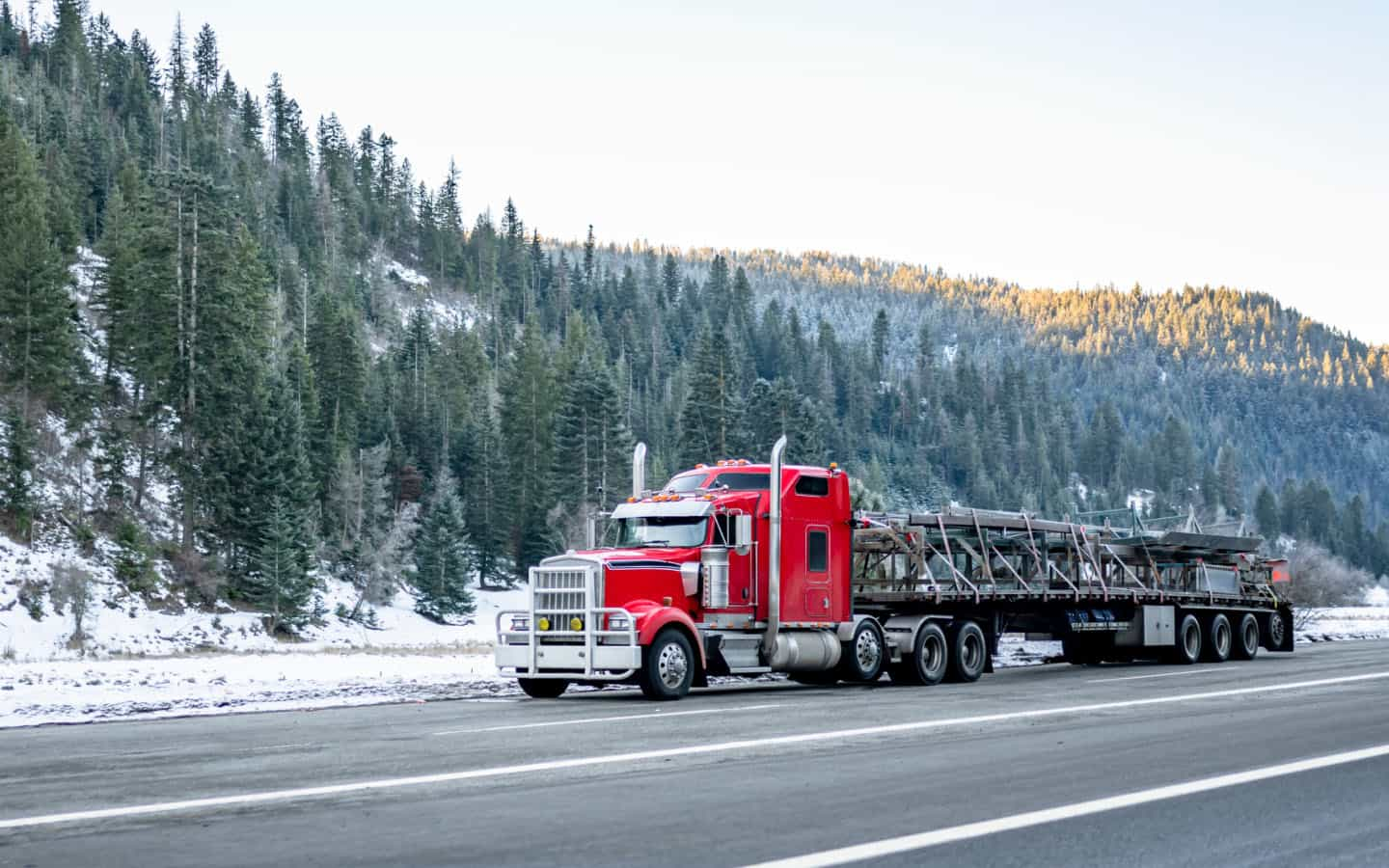Essential Checks For Transport Companies Before Haulage Journeys
Haulage is essential for transporting goods from A to B. One of the most important elements within any business, haulage companies allow products from businesses around the country to be distributed to suppliers, customers and third parties with ease. Because haulage and logistics companies form the backbone of our economy as we know it, it’s no surprise that in 2023 the haulage industry brings around £13.5 billion to the UK economy each year.
But to ensure goods can arrive safely, logistics companies must meticulously plan and prepare the vehicles. Here are just some of the steps you need to take to guarantee successful haulage operations.
Table of Contents
1. Vehicle Inspection
Before any vehicle leaves the depot, the vehicles are meticulously checked to ensure roadworthiness and safety for everybody on the road.
As a minimum, you should check the brakes, tyres, lights fluids and load-securing mechanisms to ensure everything is working as it should. This is especially important now that longer lorries have been rolled out to cut carbon emissions, as the implications of anything going awry could be severe.
2. Secure the Cargo
Nobody wants heavy items rolling around in the back of a lorry. To ensure the roadworthiness of your fleet, it’s important to properly secure all cargo in the back. Securing your cargo is crucial as it prevents load shifts and accidents.
Cargo that hasn’t been properly secured is dangerous for two reasons. Firstly, if cargo hasn’t been properly tied down it can shift in transit, affecting the balance of the lorry. In worst-case scenarios, this can cause the lorry to tip, causing potentially fatal accidents with other vehicles.
Secondly, there are injuries to people – if heavy objects shift in transit they could fall out of the lorry when the doors open, causing serious harm to those opening the vehicle doors.
One way to prevent this is by using bungee cords like these here to secure objects in place.
3. Check all Documentation
To ensure you’re not caught out, it’s essential to check all your documentation is up to date. You’ll need to provide evidence of any permits, licenses, insurance and any other industry or location-specific requirements. For example, if you’re crossing borders, you will likely need specialist documentation to complete your trip.
4. Prepare for Emergencies
Although most trips go smoothly, sometimes things happen outside of your control. So, it’s important to make sure that drivers are connected and safe in the event of an emergency.
All vehicles must have GPS tracking and reliable driver communication as a minimum.
As well as basic tracking and communication methods, you’ll want to make sure that you have a robust breakdown and recovery strategy – just in case.
And once you’ve done all those four things? You’re ready to send your fleet out on the road.




